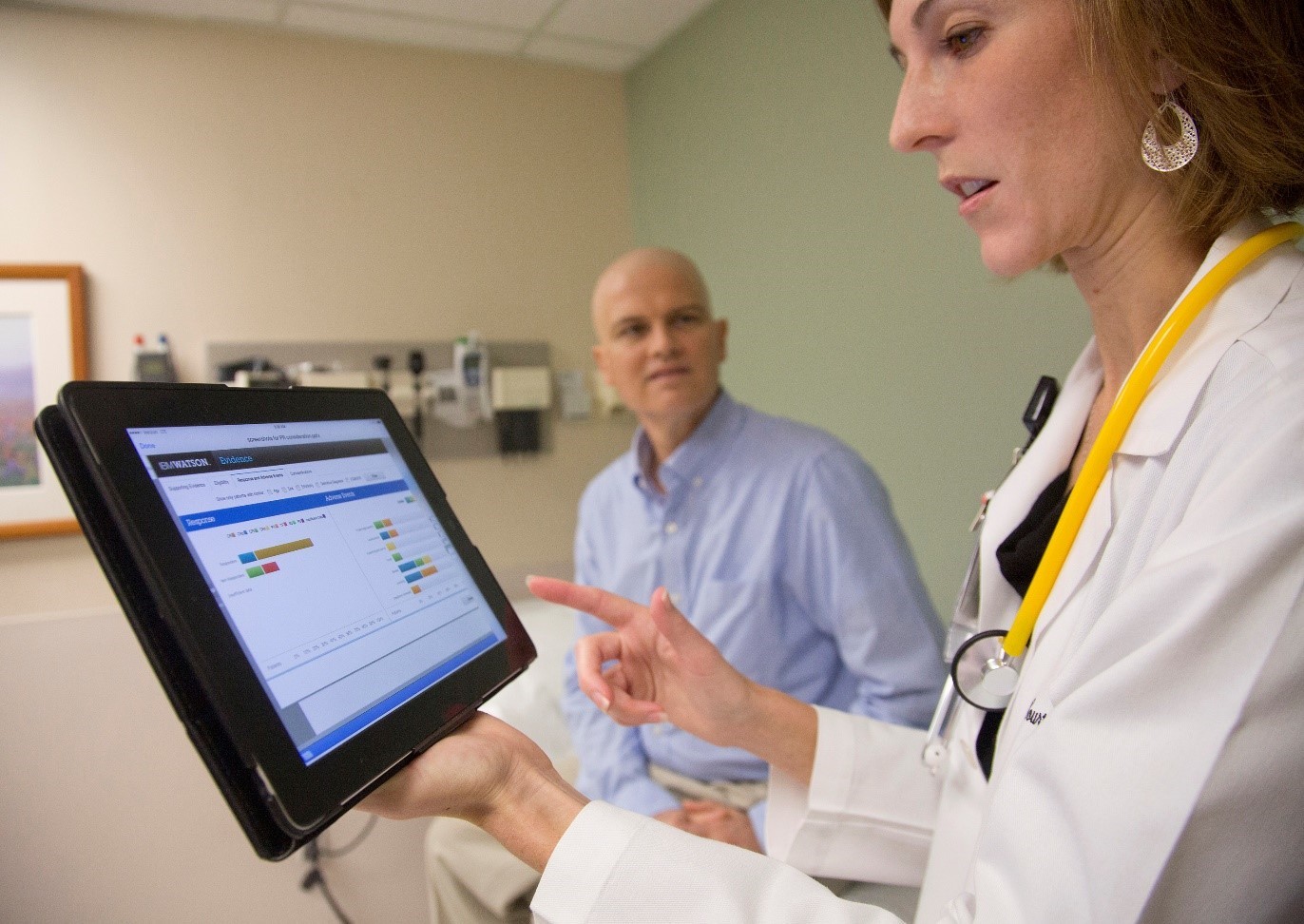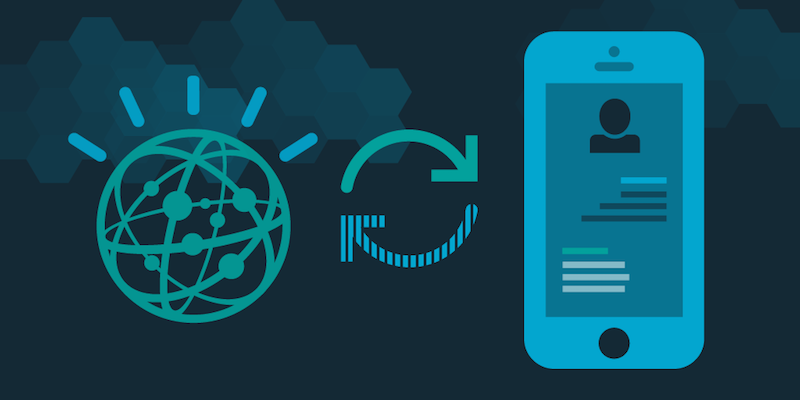IBM Watson helps fight cancer resistant drug cells

Scientists have been studying cancer for many decades. For all this time, experts have achieved success, which can be said that they are significant. Developed, for example, new medications that help fight cancer cells. These drugs are something like smart bombs that hit only the target and leave everything else intact.
Doctors are enthusiastic about new medicines, although this barrel of honey has its own fly in the ointment. More precisely, not a spoon, but a whole barrel: over time, some types of cancer cells become resistant to such drugs. As a result, the effectiveness of treatment over time decreases, and significantly. The danger of this is that doctors can be left without reliable tools to fight cancer. Harvard and MIT (Massachusetts Institute of Technology) researchers have begun working with IBM to find a solution to this problem.
The researchers hope with the help of IBM Watson Health to solve several complex problems in their project. One of these tasks is deciphering the genome of cancer cells of thousands of patients suffering from various types of cancer. Moreover, the genome sequencing will be performed twice. The first time - some time after the diagnosis, the second time - after the cancer cells stop responding to drugs that previously acted very effectively.
')
All these data will allow scientists to detect changes in the genome of tumor cells, which lead to the emergence of resistance to the effects of drugs. Most likely, in some people, cancer cells are more resistant to the effects of drugs than in all other patients. Identifying the characteristics of the genome of resistive cells is a vital task, the solution of which will save thousands and thousands of lives. Ideally, every oncology patient should receive individual treatment - and knowledge of the genetic characteristics of a person will help to accomplish this. IBM Watson is already working in some hospitals, studying the case histories of thousands of patients, advising doctors to choose a combination of drugs that is optimal in each case.

It is the combination of drugs that overcomes the resistivity of cancer cells, increasing the patient's chance of remission. Information about the human genome will also help answer the question why some patients initially do not respond to certain medications with the appointment of an alternative method of treatment.
“This is a chess game with cancer,” says Eric Lender, founder and leader of BroadInstitute . “We are taking a step by injecting medicine into the patient’s body. Cancer makes a move. We need to know what this step can mean in order to make the best response. We must know all the combinations of the enemy. ”
Information collected by the authors of the project will be available to the scientific community. Open data will allow other scientists to study current developments and offer their options for ways to combat the drug resistance of cancer cells. In order to obtain the maximum amount of genetic data, project participants will use a new method for obtaining DNA fragments of cancer cells - directly from the patient's blood. This method was called the "blood biopsy", and its effectiveness, according to Todd Golub (ToddGolub), one of the study participants, is similar to the effectiveness of a conventional biopsy. But the speed of DNA sampling in this case is much higher, plus there is no need to use a procedure that is quite painful for the patient. Plus, research participants, patients of various oncological centers and hospitals, can live anywhere - a small drop of blood is enough for obtaining such a person’s genetic material.
“Our goal is to ensure that when the patient comes to the doctor, he receives the results of a comprehensive analysis of cancer cells with information about what caused the disease,” said Golub. “In this case, the doctor will know which drugs to use and understand what effect the administration of this or that drug into the patient’s body will have. And until the cancer cells become resistant to the drug, doctors will be able to use another medicine for which the diseased cells have not yet developed resistance. ”
IBW Watson is already working in China on the Watson for Oncology program, helping to select an individual treatment for each patient. In ordinary hospitals, doctors simply do not have time to search for an individual method of treating patients, therefore, the methods commonly used in medical practice are used. IBM Watson, after analyzing the genetic material of patients, can quickly find a course for any person. For this purpose, a database containing about 15 million medical text pages is used.
Now a number of medical centers and hospitals are taking part in the Watson for Oncology project. This, for example, the International Hospital Bumrungrad (Thailand), the New York Center for Human Genome Research and other organizations.
IBM Watson offers each patient a personalized course of treatment that focuses on the factors that led to the development of a cancer in a particular person, taking into account his genome. This allows you to increase the chances of a successful recovery, and each new case further increases this probability. Experts believe that in the near future, cognitive systems will help humanity to more effectively deal with various diseases (not only cancerous).
Source: https://habr.com/ru/post/399551/
All Articles